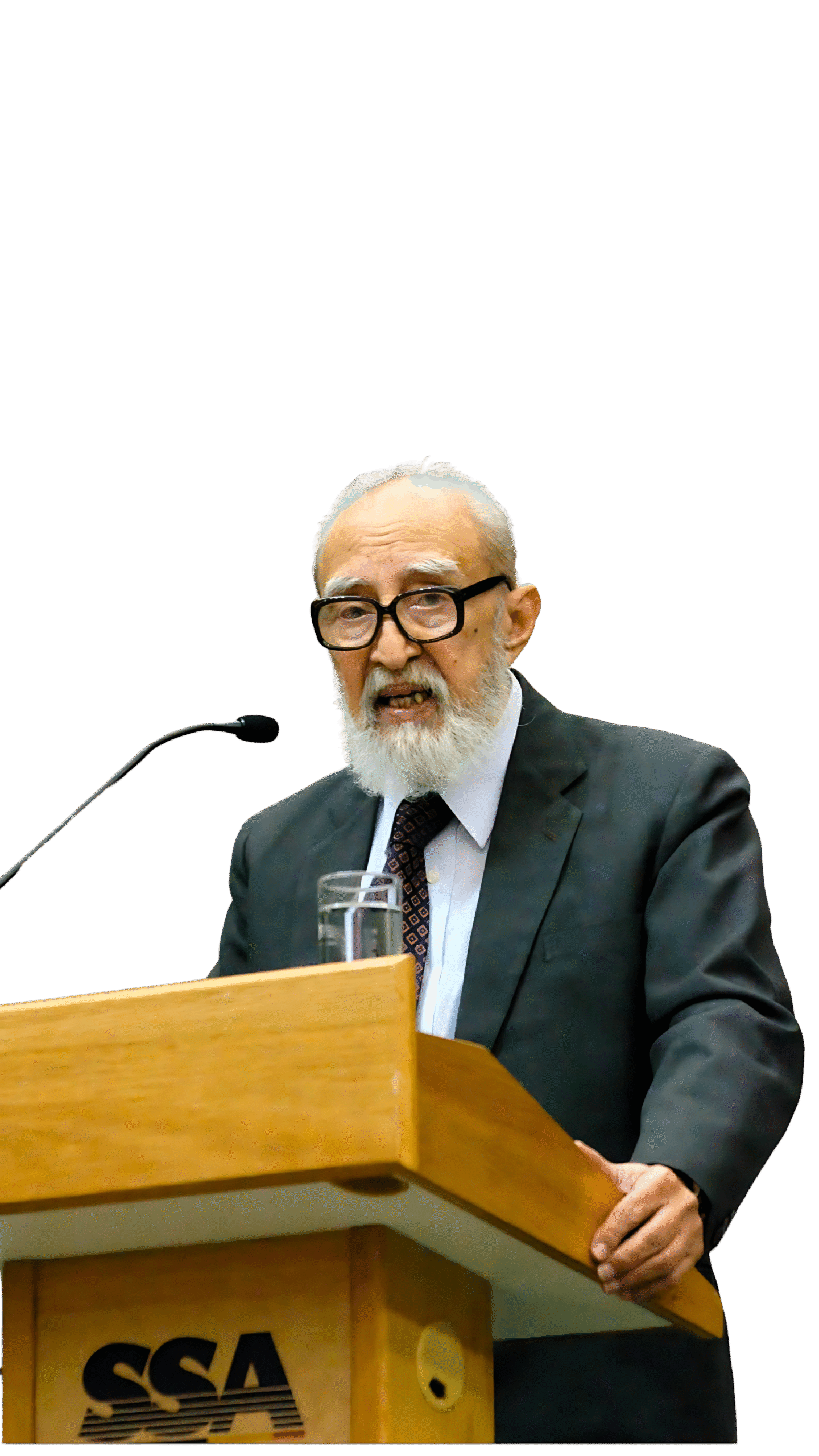Let’s dive into a topic that’s more than just history—it’s about the colonial mindset that still shapes the Muslim world today. Forget the oversimplified tale of European explorers chasing spices. This is about a deeper, psychological captivity that began long before the British or French set sail, rooted in the political maneuvers of Yazid bin Mu’awiyah. Buckle up—this journey through history and its modern echoes might get uncomfortable, but it’s a truth we need to face. Watch the full exploration in our video on YouTube.
The Enlightenment & The Muslim World’s Mental Defeat
When the Ottoman Caliphate collapsed in 1924, it wasn’t just a political loss—it shattered the Muslim world’s confidence. While Europe basked in the glow of the Enlightenment, the Muslim world was nudged into a corner, internalizing a sense of inferiority. Kevin Nadal’s colonial mentality theory (Colonial Mentality) explains how colonized people come to see themselves as lesser than their oppressors. Sound familiar? Frantz Fanon’s The Wretched of the Earth (The Wretched of the Earth) nails it: colonialism isn’t just about land—it’s about chaining the mind. The Qur’an warned against this in Surah Mumtahannah (60:5), urging believers not to seek protection from those imposing such mindsets.
رَبَّنَا لَا تَجْعَلْنَا فِتْنَةًۭ لِّلَّذِينَ كَفَرُوا۟ وَٱغْفِرْ لَنَا رَبَّنَآ ۖ إِنَّكَ أَنتَ ٱلْعَزِيزُ ٱلْحَكِيمُ ٥
“OUR LORD, DO NOT MAKE US A TEST FOR THE UNBELIEVERS, AND FORGIVE US, OUR LORD. SURELY YOU ARE MOST MIGHTY, MOST WISE.”
Syed Hussein Alatas & The “Captive Mind”
Syed Hussein Alatas, in The Myth of the Lazy Native (Syed Hussein Alatas), exposed how colonized societies adopt Eurocentric narratives to justify their own oppression. This isn’t new to Islamic history. The Umayyad dynasty’s propaganda machine twisted religious scholarship to paint monarchy as divinely ordained. Fast forward to today, and some scholars still play gatekeeper, promoting an apolitical, state-friendly version of Islam that keeps the ummah docile. It’s the same old script, just with new actors.
Syed Hussein Alatas bin Syed Ali Alatas was a Malaysian academic, sociologist, politician, and founder of social science organisations. He was Vice-Chancellor of the University of Malaya in the 1980s and formed the Parti Gerakan Rakyat Malaysia

Yazid bin Mu’awiyah – The Masterclass in Manipulating Islam
Turning the Caliphate into a Kingdom
The Prophet Muhammad (ﷺ) foresaw it: “The caliphate will last for thirty years after me, then it will turn into kingship” (Musnad Ahmad). Enter Yazid bin Mu’awiyah, who made this prophecy reality by morphing the caliphate into a monarchy. He dismantled shura (consultative governance) and centralized power, but he needed one thing to seal the deal: religious legitimacy.
Manipulating Islamic Literature to Justify Tyranny
Yazid was a master manipulator, using these tactics:
- The “Obedience to Rulers” Scam: He cherry-picked hadiths like “Obey your rulers, even if they lash your back and take your wealth” (Sahih Muslim) to demand blind loyalty. But he conveniently ignored others, like “The best Jihad is to speak a word of truth in front of a tyrannical ruler” (Sunan Abu Dawood).
- The “Fitna” Redefinition Trick: Originally, fitna meant internal strife pulling Muslims from justice. Yazid flipped it to mean any opposition to the ruler, branding calls for justice as chaos. Historian Shibli Nomani notes, “Mu’awiya and Yazid’s propaganda turned the term fitna upside down” (Al-Farooq).
- Replacing the Caliphate with Dictatorship: Ibn Kathir sums it up: “Yazid’s rule was a turning point—it ended the true caliphate and gave birth to kings who ruled by force” (Al-Bidaya wa’l-Nihaya). This shift conditioned Muslims to accept authoritarianism, paving the way for European colonialists to slot into pre-existing power structures.
Poets Threatened or Bribed by Yazid
Al-Farazdaq (Initially Pro-Yazid, Later Changed Stance)
Al-Farazdaq, a well-known Arab poet, initially wrote verses praising Yazid and his rule but later switched sides and famously composed poetry in praise of Imam Hussain (RA). Some of his earlier works, however, included lines that elevated Yazid’s status:
“ما قال لا قطّ إلاّ في تشهّده
لولا التشهّد كانت لاؤه نعم”
(He never said ‘no’ except in his testimony (Shahada), If not for the testimony, his ‘no’ would always be ‘yes’.)
This was an attempt to exaggerate Yazid’s righteousness by portraying him as someone who always agreed with goodness and justice.
Reference: Ibn Khallikan, Wafayat al-A’yan (وفيات الأعيان), Vol. 3, p. 252.
Context: Al-Farazdaq initially wrote poetry supporting Yazid but later turned against him and wrote a famous poem praising Imam Hussain (RA).
Al-Akhtal (Yazid’s Court Poet)
Al-Akhtal, a famous Christian Arab poet, was heavily patronized by the Umayyads and frequently praised Yazid. One of his known eulogies for Yazid states:
“وإنّكَ إنْ أعطيتَ مالًا فإنَّما
جَعَلْتَ الأمانيّاتِ في بُطُونِ الأرَامِلِ”
(When you give wealth, you place hope in the stomachs of widows.) This was meant to depict Yazid as a generous ruler, despite the reality of his oppressive governance.
Another couplet:
“ألَا إنّ آل الزُّبَيْرِ خَطْبٌ يَسُوءُنا
وكُلُّ امرِئٍ فِي حَادِثِ الدَّهْرِ مُجْرِمُ”
(Lo! The matter of Al-Zubayr’s family is troubling us, But every man is guilty of fate’s trials.)
This was an attempt to attack Abd Allah ibn al-Zubayr, who opposed Yazid’s rule.
Reference: Al-Jahiz, Al-Bayan wa al-Tabyin (البيان والتبيين), Vol. 3, p. 28. Reference: Abu al-Faraj al-Isfahani, Kitab al-Aghani (كتاب الأغاني), Vol. 8, p. 62.
Context: Al-Akhtal, a Christian Arab poet, was known for his panegyric poems in favor of Yazid and the Umayyad rulers.
Marwan ibn Abi Hafsah (Court Poet under the Umayyads)
Marwan ibn Abi Hafsah was another poet whose works aimed to glorify the Umayyads and belittle their opponents. Some of his poetry explicitly praised Yazid’s rule:
“لقد خَطَرَتْ فِي الأرضِ فَضْلًا وسُؤْدَدًا
وَحَطَّتْ ذَوَاتُ العَزْمِ مِنْ آلِ هَاشِمِ”
(The Umayyads have risen in the land with excellence and leadership, While the determined ones from the House of Hashim have fallen.)
This directly attempts to delegitimize the Ahl al-Bayt (the family of the Prophet ﷺ) and justify Yazid’s rule.
Reference: Ibn Qutaybah, Al-Shi’r wa al-Shu’ara (الشعر والشعراء), Vol. 1, p. 482.
Reference: Abu al-Faraj al-Isfahani, Kitab al-Aghani, Vol. 12, p. 90.
Context: Marwan ibn Abi Hafsah composed poetry praising the Umayyads and belittling the opposition, particularly the family of the Prophet (Ahl al-Bayt).
Qadi Shurayh (A Judge Under Umayyad Rule)
Qadi Shurayh, though not a poet, was a scholar under the Umayyads and was reportedly used to issue rulings justifying obedience to Yazid. One of his statements is recorded as:
“إذا خرجت الجماعة على إمامهم فقد وجب عليهم السيف”
(If the community rebels against their ruler, then the sword is due upon them.)
This was used to justify Yazid’s military action against Imam Hussain (RA) and his supporters.
Reference: Ibn Sa’d, Tabaqat al-Kubra (الطبقات الكبرى), Vol. 6, p. 222. Reference: Al-Tabari, Tarikh al-Rusul wa al-Muluk (تاريخ الرسل والملوك), Vol. 4, p. 380.
Context: Qadi Shurayh was used by the Umayyad regime to issue legal rulings justifying obedience to Yazid, including the justification of punishing those who rebelled against him.
Kuthayyir Azza (Another Court Poet)
Kuthayyir Azza, another poet patronized by the Umayyads, also composed poetry justifying Yazid’s rule:
“همُ المُلْكُ لا مِلْكٌ سِواهُمْ فِي الوَرى
فَكُنْ حَيْثُ شَاءُوا وَاتْبِعْهُمْ لِتَسْلَمَا”
(They are the kings, and no kings exist except them, So be where they wish and follow them to remain safe.)
This was a clear endorsement of absolute obedience to Yazid’s rule.
Reference: Ibn Hisham, Sirat Rasul Allah (السيرة النبوية), Vol. 2, p. 110.
Reference: Al-Mubarrad, Al-Kamil fi al-Lugha wa al-Adab (الكامل في اللغة والأدب), Vol. 1, p. 322.
Context: Kuthayyir Azza composed poetry urging people to follow Yazid and the Umayyad rulers unquestioningly.
Additional References on Umayyad Propaganda Poetry Al-Dhahabi, Siyar A’lam al-Nubala’ (سير أعلام النبلاء), Vol. 4, p. 38. Ibn Kathir, Al-Bidaya wa al-Nihaya (البداية والنهاية), Vol. 8, p. 200. Al-Tabari, Tarikh al-Rusul wa al-Muluk, Vol. 4, p. 391-395 (On Yazid’s court poets).

Silencing Opposition – The Karbala Massacre & Beyond
The Murder of Imam Hussain AS (680 CE)
Standing for justice was dangerous. Imam Hussain’s defiance of Yazid’s tyranny led to his martyrdom at the Battle of Karbala in 680 CE (Battle of Karbala). Allama Iqbal captures it: “Hussain’s martyrdom was the first time Islam was used as a weapon against justice.” This wasn’t just a tragedy—it was a message: oppose the ruler, and pay the ultimate price.
قتل حسین اصل میں مرگ یزید ہے
اسلام زندہ ہوتا ہے ہر کربلا کے بعد
The Madinah Massacre (Harrah Incident, 683 CE)
Yazid’s brutality didn’t stop there. In 683 CE, his army, led by Muslim ibn Uqba, attacked Madinah in the Harrah Incident (Battle of al-Harra). The city was looted, and thousands were killed, including many of the Prophet’s companions. Estimates vary, with some sources suggesting 4,000–9,000 deaths, though higher figures exist in traditional accounts. The Prophet’s Mosque was desecrated, a stark symbol of tyranny’s reach.
The Kaaba Attack (683 CE)
If that wasn’t enough, Yazid’s forces turned on Mecca, besieging it and catapulting the Kaaba until it burned (Siege of Mecca (683)). Historian al-Tabari records this sacrilege, noting the fire that damaged the sacred site. Resisting Yazid was labeled fitna, but who was the real disruptor?

The Illustration of Yazid’s Manipulation of Doctrine




Digital Colonialism – The New Thought Police
Fast forward to today, and the game has evolved. Where rulers once controlled scholars, Big Tech now shapes discourse. Algorithms on platforms like Google, Facebook, and YouTube can shadow-ban voices advocating for Islamic political revival, like pro-Khilafat movements, while amplifying state-approved narratives. This digital colonialism mirrors Yazid’s tactics, just with Silicon Valley’s polish.
Manufactured Religious Compliance
Just as Yazid’s scholars justified monarchy, some modern clerics endorse the Western nation-state model as Islamic. This fractures the ummah, keeping Muslim nations divided and weak under secular frameworks. The result? A global community struggling to reclaim its unified voice.
Conclusion: Breaking Free from the Captive Mind
We’re still grappling with a mental cage built over a thousand years ago. The colonial mindset, seeded by Yazid’s tyranny and nurtured by centuries of manipulation, lives on in new forms. So, what’s next?
- Recognize the Game: Understand how history and modern systems shape our perceptions.
- Reclaim Intellectual Sovereignty: Challenge narratives from governments, algorithms, and compliant scholars.
- Disrupt the System: Embrace decentralized media, independent scholarship, and open discourse.
It’s time to reject the myth of an apolitical Islam. The captive mind isn’t just a theory—it’s our reality. Are you ready to break free? Watch the full video on YouTube and join the conversation.

